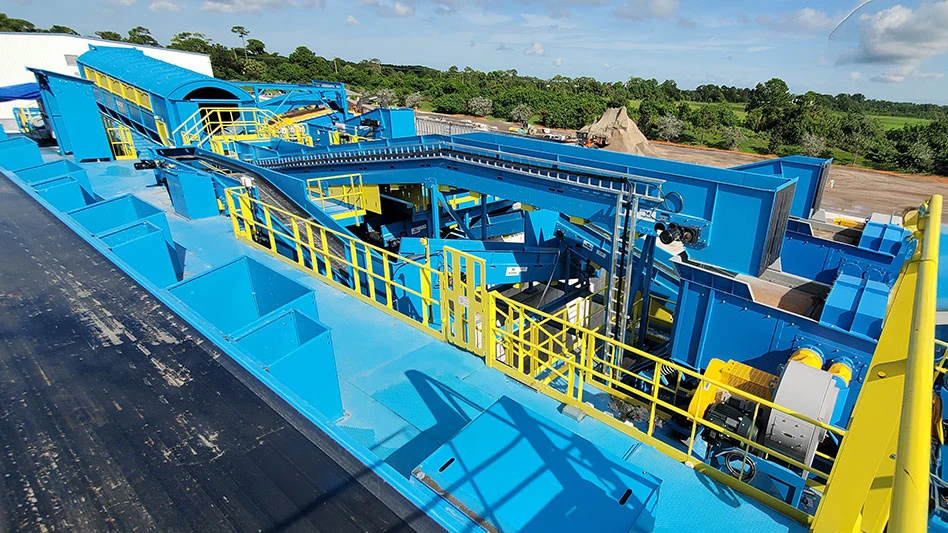
The government of Malaysia, which placed a moratorium on issuing new licenses to import plastic scrap in July, has reportedly stated it will extend that moratorium indefinitely.
A market report from Bureau of International Recycling (BIR) committee member Steve Wong says a government minister has announced an extension of the moratorium, although exceptions will be made “on imports of quality and homogeneous plastic scrap [that] can be recycled for reuse and [for which] the importer can meet certain conditions.”
An online news article from The Star, based in Petaling Jaya, Malaysia, says several government ministers met on Oct. 26 and decided to extend the moratorium then.
While Wong’s report indicates existing license holders may continue to import plastic scrap, it also mentions a timetable to completely phase out such imports. “A complete ban on plastic scrap imports shall take effect after three years,” writes Wong, who also is president of the China Scrap Plastic Association and is chairman of Hong Kong-based plastic recycler Fukutomi Co. Ltd.
Manufacturers in Malaysia who consume plastic scrap also “must [now] use 30 percent local plastic scrap while importing the remaining 70 percent, and the ratio of imported scrap will be reduced to 60 percent in year two and 50 percent in the year following,” reports Wong.
Other policy changes agreed to by the ministers, according to Wong, include: the source of imported plastic scrap is restricted to the United States, the European Union and Japan; an import levy of at least 15 Malaysian ringgits ($3.58) per metric ton will be charged; and scrap importers must place a deposit for potential charges for violating import regulations.
According to Wong, “While there are only eight factories out of 114 license-holding facilities [in Malaysia] that can meet the import conditions, they also need to comply with 10 new qualification requirements, including the bank deposits.”
The policy enacted is intended to stay in place for three years, after which a review will be conducted to assess progress on the goal of using 100 percent local recyclables as feedstock.
Latest from Recycling Today
- Greenwave raises revenue but loses money in Q2 2025
- Recycled steel prices hold steady
- EY says India’s need for scrap imports will continue
- Coming full circle
- Amcor, DCM introduce fertilizer packaging with 35 percent recycled content
- Comstock Metals gets closer to commissioning commercial-scale solar panel recycling facility
- Washington selects Circular Action Alliance as PRO
- Smurfit Westrock expands in Latin America





